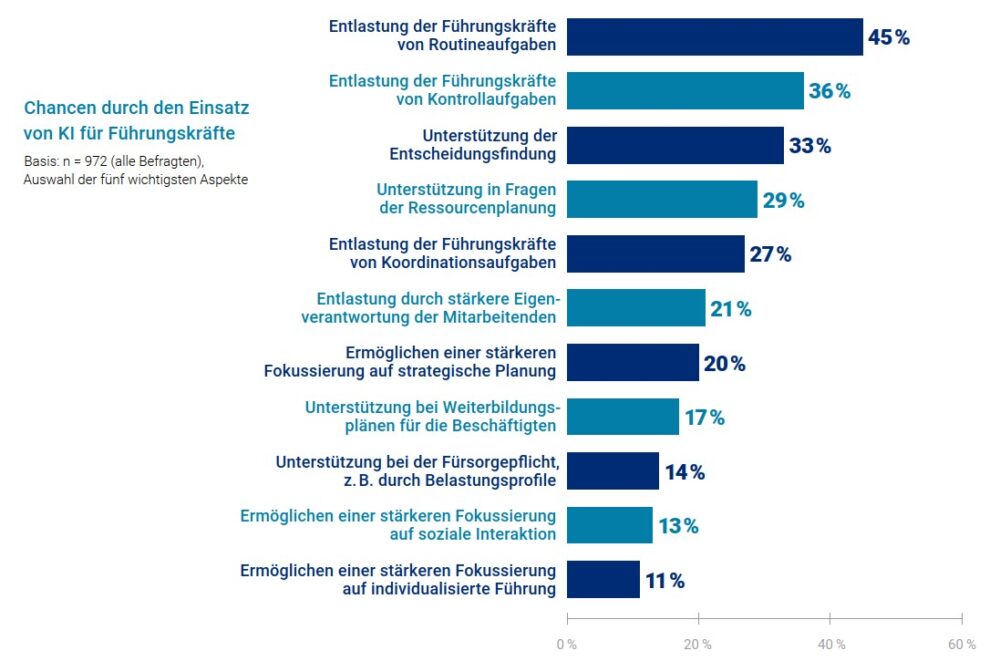Fake advertising with celebrities continues to cause displeasure
In Switzerland, too, celebrities are misused for illegal advertising. The problem: taking legal action against this seems hopeless.

Such fake ads look like article teasers - and lead to scam sites that look like articles from well-known online portals (screenshot SonntagsZeitung).
The problem has been a topic of conversation for months: fraudulent websites advertise their Bitcoin investments with fake articles about celebrities. While personalities such as Günther Jauch, Boris Becker, Dieter Bohlen or Frank Elstner serve as involuntary advertising ambassadors in Germany, Roger Federer, Roger Schawinski, Bligg or DJ Bobo are misused for the fake articles here. These usually come in the layout of well-known online portals and tell stories about how the corresponding celebrities are supposed to have made big money through Bitcoin offers. In Switzerland, the market leader portals 20 Minuten and Blick.ch are among those affected.

A look at the URL shows that this supposed Blick.ch article is fraudulent fake advertising (screenshot: Blick.ch).
The ads are "channelled" as Google ads onto the portals of the online media. The publishers have no influence on what is displayed or on who wins the auction for their own advertising space at Google and is played out. If specific information is received, the corresponding ads can be blocked.
If the celebrities concerned want to take action against the creators of the fake ads, they quickly run up against limits. They conceal their identities and act through countries that do not provide legal assistance. Filippo Beck, Roger Federer's lawyer, explains to the SonntagsZeitungThe company has not yet filed a criminal complaint because this is "probably futile", as clarifications have shown.
For the publishers concerned, the situation is annoying: their reputable reputation is being abused by third parties for illegal purposes, and for outsiders unfamiliar with programmatic advertising, it often looks as if the portals are deliberately placing the ads. 20 minutes has therefore at the beginning of July published an article on the subjectexplaining what to do about the unwanted advertising. And Ringier says to the SonntagsZeitungThey are "in close exchange with Google, so that they take measures".
Google counters that it deleted 2.3 billion ads last year that violated the company's guidelines. Corresponding accounts would be blocked immediately. Nevertheless, fraudsters still manage to get onto legitimate news portals via Google.
So far, only a few aggrieved users who have lost money have filed charges in Switzerland. Someone in the canton of Lucerne lost 30,000 francs, a Zurich resident 5700 francs, and the Zurich cantonal police have so far received half a dozen reports, most of which involve amounts in the low hundreds. The Zurich cantonal police, however, "assume a large number of unreported cases," as it told the SonntagsZeitung writes.
Corresponding fake sites could be blocked by Swiss service providers, as happens in the case of child pornography - and more recently with foreign online casinos.
From the SonntagsZeitung confronted with the proposal, Swisscom takes action and adds a Roger Federer fake ad with a warning about a fraudulent website. UPC, on the other hand, invokes freedom of information and expression and does not want to take action without instructions from an authorized authority.
Seco could, according to SonntagsZeitung to take action via the Federal Unfair Competition Act, but apparently has neither the necessary complaints nor any other information on the case.
However, as digital expert and lawyer Martin Steiger says, the affected celebrities have the option of stopping the dissemination of the corresponding ads via Swiss civil law at Google and Facebook - he assesses this procedure as "promising". Perhaps the celebrities will soon make use of this option. In any case, Roger Federer's lawyer emphasizes that they "reserve the right to take legal action.








